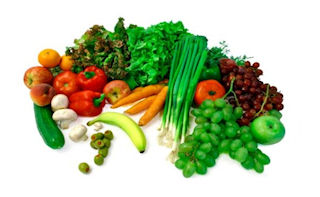|
Thiamine, also known as vitamin B1, helps
Break down and release energy from food keep the nervous system healthy
Top Vitamin B1 Rich Foods
Green Peas (26% DV)
Asparagus (13% DV)
Brussels Sprouts (8% DV)
Sesame Seeds (9% DV)
Sunflower seeds (11% DV)
Pistachios (16% DV)
Crimini mushrooms (4.5% DV)
Ground flaxseed (8% DV)
Spinach (18% DV)
Top Health Benefits of Vitamin B1 (Thiamine)
Thiamine deficiencies are relatively rare since the vitamin is plentiful in most foods, but a deficiency can cause Beriberi, the symptoms of which include heart failure, muscle weakness, confusion, and a burning sensation in the hands and feet.
Eye Health
Thiamine may help reduce the risk of cataracts by working together with omega-3 and omega-6 fats to improve eye health. Also, consider adding more vitamin A rich foods into your diet to improve vision.
Alzheimer’s disease
Lack of thiamine can cause confusion in dementia. This is especially common in alcoholics who lose a lot of B-vitamins due to dehydration and improper diet. Elderly people with Alzheimer’s disease also tend to have lower levels of thiamine in the blood than those without the disease.
But, at this point the exact connection between thiamine levels and the development of Alzheimer’s disease is still unclear. Administration of thiamine to Alzheimer’s patients has shown an improvement in cognitive abilities.
DV is (Daily Value)
|

